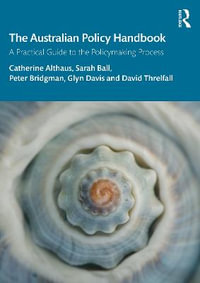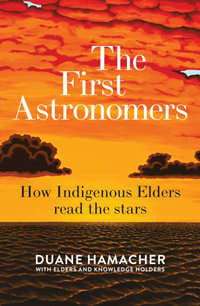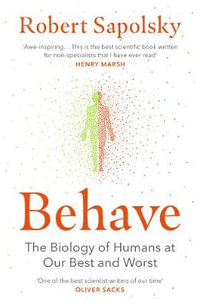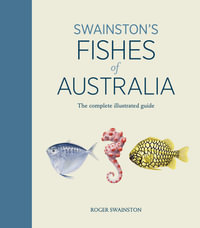
Cognitive Strategies of Lobster Fishers for Learning and Recalling Seafloor Geographic Regions
A Comparison of Fisheries in Maine and Western Australia.
Paperback | 11 September 2011
Sorry, we are not able to source the book you are looking for right now.
We did a search for other books with a similar title, however there were no matches. You can try selecting from a similar category, click on the author's name, or use the search box above to find your book.
ISBN: 9781244073074
ISBN-10: 1244073075
Published: 11th September 2011
Format: Paperback
Language: English
Number of Pages: 196
Audience: General Adult
Publisher: Proquest, Umi Dissertation Publishing
Country of Publication: US
Dimensions (cm): 25.4 x 20.3 x 1.3
Weight (kg): 0.4
Shipping
| Standard Shipping | Express Shipping | |
|---|---|---|
| Metro postcodes: | $9.99 | $14.95 |
| Regional postcodes: | $9.99 | $14.95 |
| Rural postcodes: | $9.99 | $14.95 |
How to return your order
At Booktopia, we offer hassle-free returns in accordance with our returns policy. If you wish to return an item, please get in touch with Booktopia Customer Care.
Additional postage charges may be applicable.
Defective items
If there is a problem with any of the items received for your order then the Booktopia Customer Care team is ready to assist you.
For more info please visit our Help Centre.























